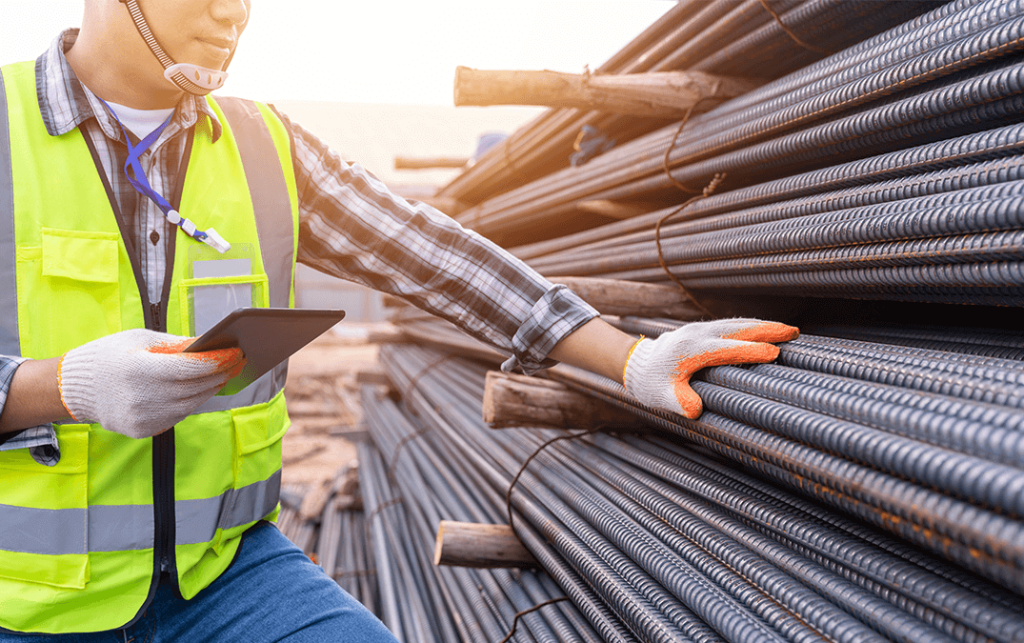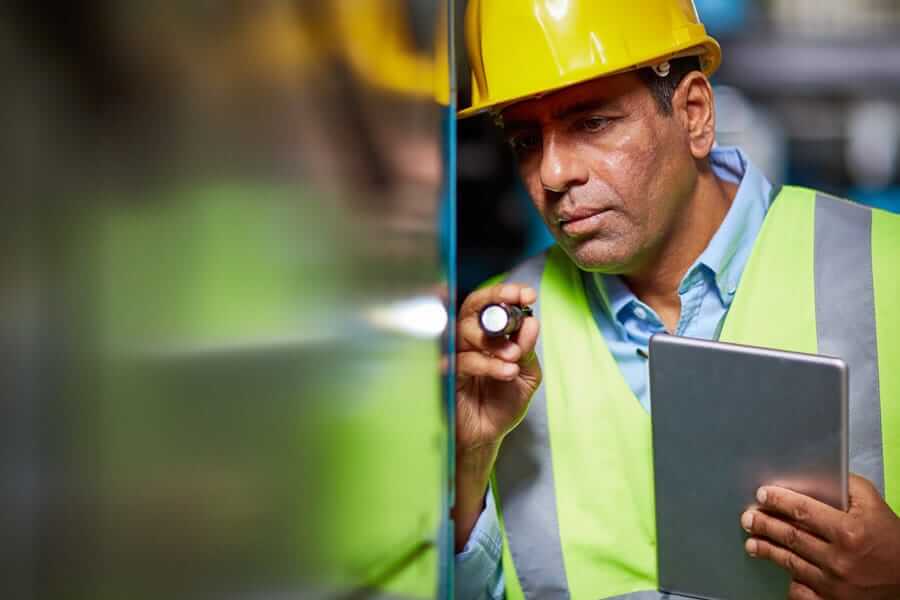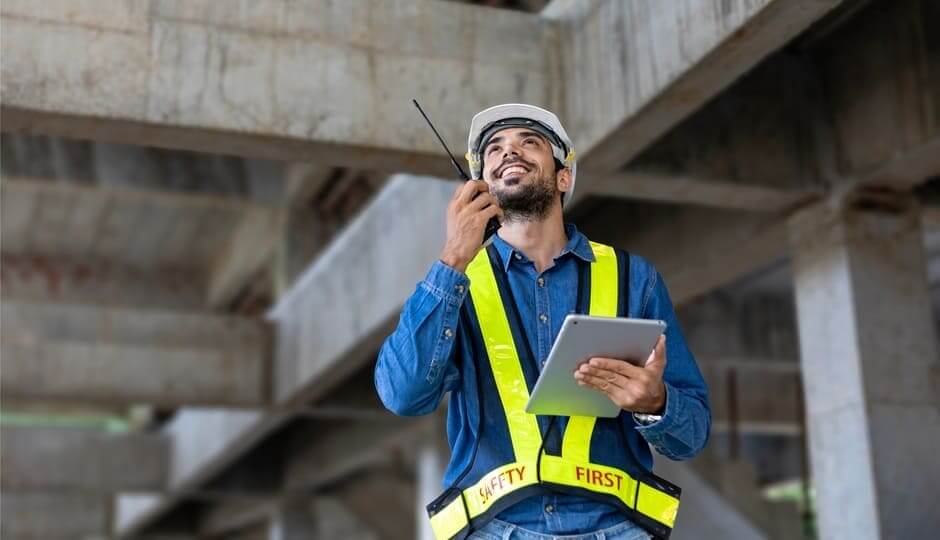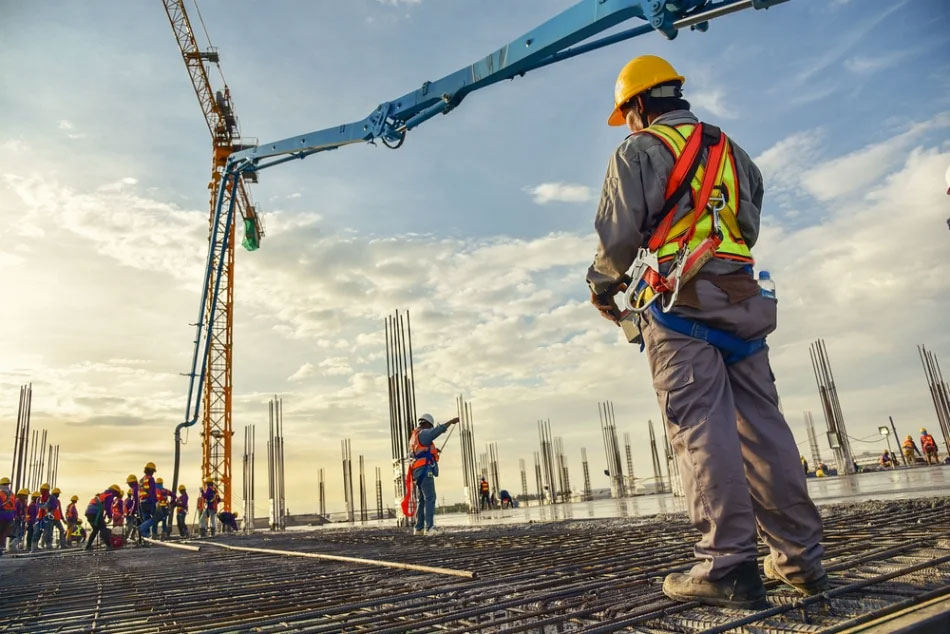Selecting the right construction unit for your project is crucial to ensure the quality, safety, and timely completion of your construction endeavor. The construction industry is diverse, and the quality of work can vary significantly from one unit to another. To make an informed decision, you must consider various factors that contribute to quality assurance. In this article, we will explore the key steps and considerations to help you choose the ideal construction unit for your project.
Define Your Project Requirements

Before you start searching for a construction unit, it’s essential to have a clear understanding of your project’s requirements. Consider the following:
- Project size and scope
- Budget constraints
- Timeline and deadlines
- Specific design and architectural preferences
- Any unique or specialized construction needs
Having a well-defined project scope will enable you to communicate your expectations effectively to potential construction units.
Research and Shortlist Potential Candidates
Once you’ve outlined your project requirements, start researching construction units that specialize in projects similar to yours. Here’s how:
- Seek recommendations from trusted sources, such as architects, engineers, or colleagues in the industry.
- Browse online directories, construction association websites, and review platforms for reputable firms.
- Attend industry events, trade shows, or local construction meetings to network and discover potential candidates.
Create a shortlist of at least three to five construction units that seem well-suited to your project.
Check Credentials and Experience

Evaluate the credentials and experience of each construction unit on your shortlist. Consider the following:
- Verify licenses and certifications: Ensure the construction unit is licensed to operate in your area and holds the necessary certifications.
- Review portfolios: Examine their past projects, paying attention to projects similar in scope and complexity to yours.
- Contact references: Reach out to previous clients and ask about their experiences working with the construction unit. Inquire about project quality, adherence to schedules, and communication.
Assess Financial Stability
Financial stability is crucial to ensure that your construction project doesn’t run into unexpected financial difficulties. Request financial statements and review the construction unit’s creditworthiness. A financially stable construction unit is less likely to face delays or budget overruns.
Evaluate Project Management and Communication
Effective project management and communication are vital for the success of your construction project. Ask the following questions:
- Who will be the project manager overseeing your project?
- How do they plan to communicate project updates and progress with you?
- What project management tools and software do they use to track and manage tasks, timelines, and budgets?
Clear communication and a well-structured project management approach will help prevent misunderstandings and keep your project on track.
Consider Safety Practices

Safety is paramount in the construction industry. Ensure that the construction unit has a robust safety program in place, including:
- Compliance with local safety regulations and standards.
- Adequate training and certification of their workforce.
- A track record of low accident rates and safety incidents.
Review Contracts and Legal Matters
Before finalizing your decision, carefully review the contract terms and conditions offered by the construction unit. Ensure that the contract covers essential aspects such as:
- Project scope and specifications.
- Payment terms and schedules.
- Change order procedures.
- Dispute resolution mechanisms.
Seek legal counsel to review and provide guidance on the contract to protect your interests.
Choosing the right construction unit for your project is a critical decision that significantly impacts the outcome. By defining your project requirements, conducting thorough research, assessing credentials, and considering factors like financial stability, project management, safety practices, and contract terms, you can ensure that you select a construction unit that prioritizes quality and delivers a successful construction project. Investing time and effort into the selection process will pay off in the form of a well-executed, high-quality construction project that meets your expectations.

